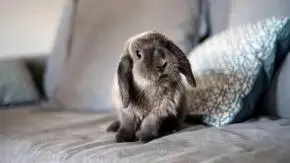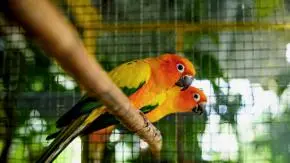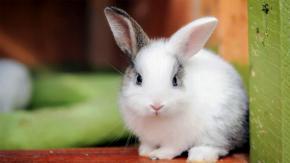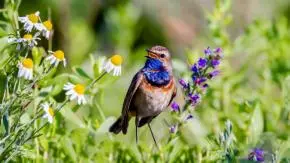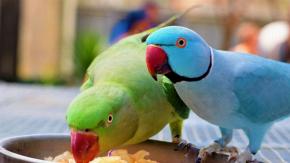What do rats eat? As omnivores, rats have varied diets, including plants, small animals, and human trash. Their feeding habits depend on their environment. In nature, rats forage on grains, fruits, seeds and nuts. They’ll also eat eggs, small animals or meat when possible.
As adaptive scavengers, rats thrive in many settings thanks to their nutritional flexibility. Diet changes with age as juveniles and adults have different needs. For pets, owners provide balanced diets of grains, proteins and vitamins. Understanding rat’s diet reveals insights into their ecology and care.
Understanding Rat Diets
As opportunistic omnivores, rats have broad palates and adapt easily to different food sources. In rural areas, rats forage on plants like grains, fruit trees, and vegetables that are naturally occurring or grown as crops. They rely on an omnivorous strategy of finding high-calorie and nutrient-rich plant foods while also turning to protein sources like eggs, small invertebrates, and rodents when possible.
However, while there are many types of domesticated rats, they tend to all have one thing in common. That’s what they like to eat and what’s safe for them to eat. Urban and suburban rats also take advantage of consuming what humans eat.

Many thrive near homes, restaurants, and dumpsters by scavenging leftovers, trash, and pet animal feed. Their dietary adaptability allows rats to survive well in human-altered environments. Pet rats' diets, consisting of laboratory blocks and some fresh foods, aim to replicate their natural omnivory indoors.
Understanding a rat’s omnivorous nature and preference for calorie-dense proteins and fruits or veggies sheds light on their feeding behaviours in various habitats. It also informs proper nutrition for domesticated rats and even mice. Flexibility coupled with opportunism serves rats well in securing sustenance from a diverse food source.
Natural Diet of Rats
In the wild, a rat’s natural diet depends on its environment and foraging opportunities. Wild rats tend to stick to a more vegetarian-type diet than city rats. Common foods include grains, fruits, vegetables, nuts, and seeds. Rats excel at finding ripened crops to eat, such as corn, oats, barley and wheat. They also raid agricultural stores of rice and millet.
Fruits and vegetables provide carbohydrates and nutrients. Rats enjoy berry bushes, melons, potatoes and more that grow locally. For protein, they turn to small animal sources if possible.

Rodents, birds, eggs, insects, and larvae are taken when accessible. Small amounts of meat may enter their diet from scavenging animal remains.
Access to water is also crucial, though rats get fluids from plant matter. They typically forage near streams, ponds or other water sources. Rats' natural diets vary seasonally based on available resources. Winter diets shift, relying more on stored foods and calorie-dense foods to survive colder months. Adaptability helps rats secure nutrition from their habitat.
Pet Rat Diets
Pet rat owners aim to replicate a balanced natural diet indoors. The foundation is high-quality laboratory block or pelleted rat food that provides complete and proper nutrition. Blocks contain grains, soy, peas and other plant proteins, plus vitamins, minerals and nutrients.
Fresh foods are also important for hydration, variety and mental stimulation. Fruits and veggies like apples, carrots, broccoli and melons offer carbohydrates, fibre and vitamins. Lean meats in small amounts supply protein.
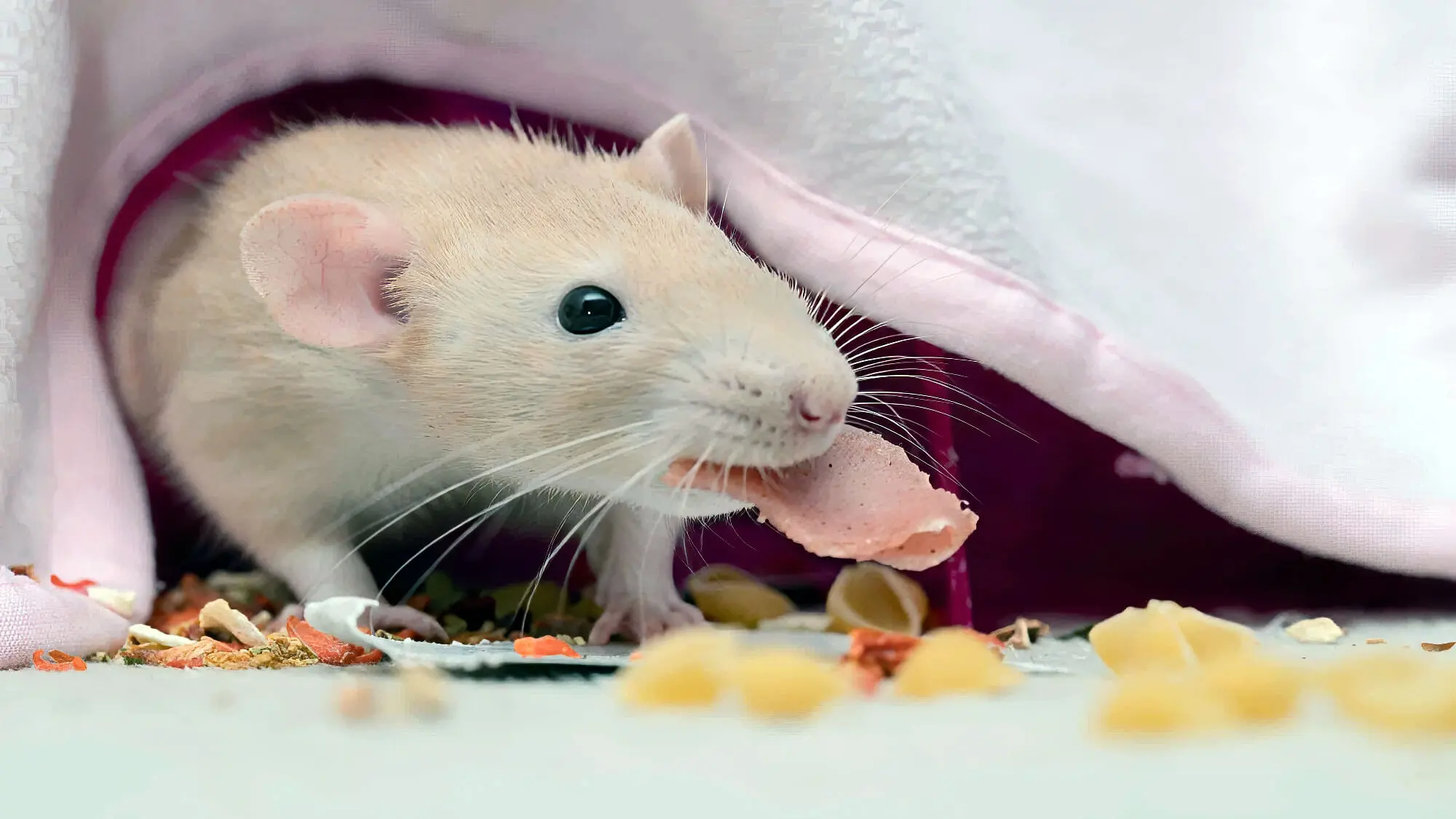
Hard-boiled eggs provide protein and fat. Foods should be washed, peeled when possible and cut into bite-sized pieces.
Treats like yogurt drops, cheerios or natural snacks can be occasional rewards. Water must be readily accessible, preferably from heavy bowls that won’t tip. Proper pet rat diets prevent health issues and obesity when proportioned carefully, along with exercise. Variety throughout the week keeps omnivorous rats engaged and nourished indoors. Excellent care includes mimicking their natural dietary balance and range.
Foods to Avoid
While rats are omnivorous, certain human foods are unsafe or unhealthy for them. Avocado, chocolate, coffee, and alcohol are all toxic and should be avoided. Citrus fruits like oranges and grapes may cause stomach upset as well.
Rats' small body size means high sugar or carbohydrate snacks can easily lead to obesity. Limit treats like cookies, cake, chips and sugary cereals. Also, steer clear of raw meat, fish food, dairy and eggs, which could harbour bacteria or parasites.
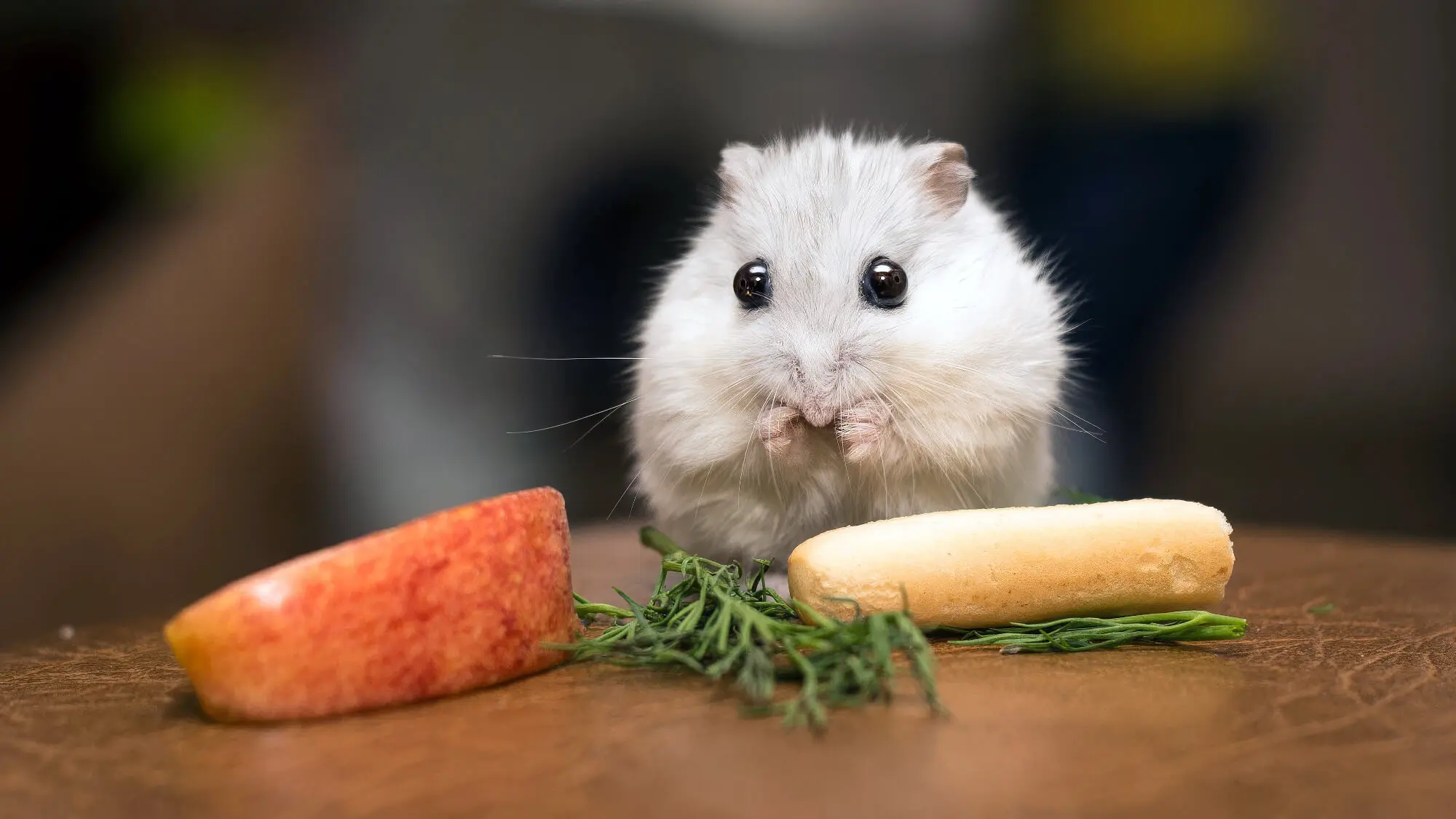
Too much protein isn’t recommended, as it can burden young or elderly rats' kidneys. Limit fatty meats, nuts and seeds high in oils. Spicy foods might irritate a rat’s delicate system. Iodised or salted foods can lead to health issues with excess salt intake.
Avoid giving rats gum, styrofoam or plastic, which could cause digestive blockages. Remember rats' small stature and watch for potential choking hazards from large seeds, nuts or tough vegetable peels. Careful consideration of a rat’s unique nutritional needs and biology is important for healthy pet rat care.
Feeding Guidelines and Tips
When feeding pet rats, it’s important to follow some basic guidelines and tips. Provide a balanced, high-quality rat diet, ensuring the lab blocks make up the bulk of the food, with about 1/8 cup of fresh foods daily.
Separate the food and water dishes to encourage rats to stay hydrated, changing the water daily and washing dishes weekly. The fresh foods can be rotated on a weekly basis to maintain the rats' interest while keeping their nutrition varied.
Some good options to swap in include various fruits and vegetables. It’s also important to monitor the rats' weights regularly to ensure they are maintaining a healthy size and adjust the portion sizes of food if needed.
Always be sure to clean any pet food preparation areas thoroughly as well to help prevent rats from becoming ill. Following these feeding guidelines will help keep pet rats happy and healthy.
Visit Planet Pet Today!
Rats exhibit intricate dietary adaptations that enable them to survive in various habitats around the world. Understanding their versatile omnivorous tendencies provides insights useful for both wildlife management and maintaining pet rats.
If you’ve learned more about rat nutrition and want to give your pet rat a balanced, varied diet while supporting small businesses, check out Planet Pet. Planet Pet is a small website that sells high-quality rat food, accessories and toys.
Their nutritionally complete rat blocks and natural treat selections are sure to keep your rats healthy and engaged. For great pet rat-feeding products at affordable prices, be sure to visit Planet Pet today.


